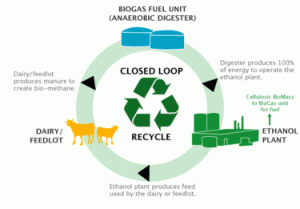Consultant

The Union has genuine fears that loss of this valued feed source could have a knock on effect on Scotland’s already declining cattle and sheep population.
Membership concerns stem from the fact that at a significant number of Scottish distilleries and associated sites, incineration or anaerobic digestion plants are in place or are planned. These use, or will use products from the distilling process to generate energy rather than be available as a valued livestock feed.
Last week, NFU Scotland Chief Executive Scott Walker met with members of Banff and Buchan Branch – in the heart of the Speyside whisky industry – to discuss the issue.
Commenting Mr Walker said: “Scotland may be sleepwalking towards a fundamental change in the availability of animal protein, with negative consequences for the livestock and dairy sectors of Scottish agriculture.
“With some incineration and anaerobic digestion plants already operational and many others at different stages of development, many farmers are concerned that we could be naively generating a feed issue for the livestock industry that could result in livestock numbers being reduced.
“Last week’s branch meeting further underlined the farming community’s concerns regarding the medium and long-term availability of co-products from distilleries, due to the proliferation of such energy generating plants replacing the traditional units that produce dark grains from draff and pot ale.
“The development of plants which burn or process co-products to generate energy appears to be largely driven by the distillers need to reduce their annual CO2 emissions. While this may coincide with one Scottish Government target, it jeopardises another, which is to grow the food and drink sector.
“We believe there is a strong need to evaluate how these developments will impact on the availability of draff and dark grains in both geographically local markets and across the whole of Scotland. Such an analysis will help to identify the potential impact that there could be on the livestock sector and help inform the need for any mitigation action.
“In addition to an analysis on the future availability of co-products that come from the distilleries, we strongly believe that an independent analysis of the reduction in CO2 emissions that it is claimed will actually be achieved by replacing a dark grain plant with an incineration plant.
“Government and industry needs to reassure themselves that the proliferation of incineration and anaerobic digestion plants are not simply a means of the distilleries ticking a box on carbon emission reduction targets but exporting the problem to somewhere else.”






















